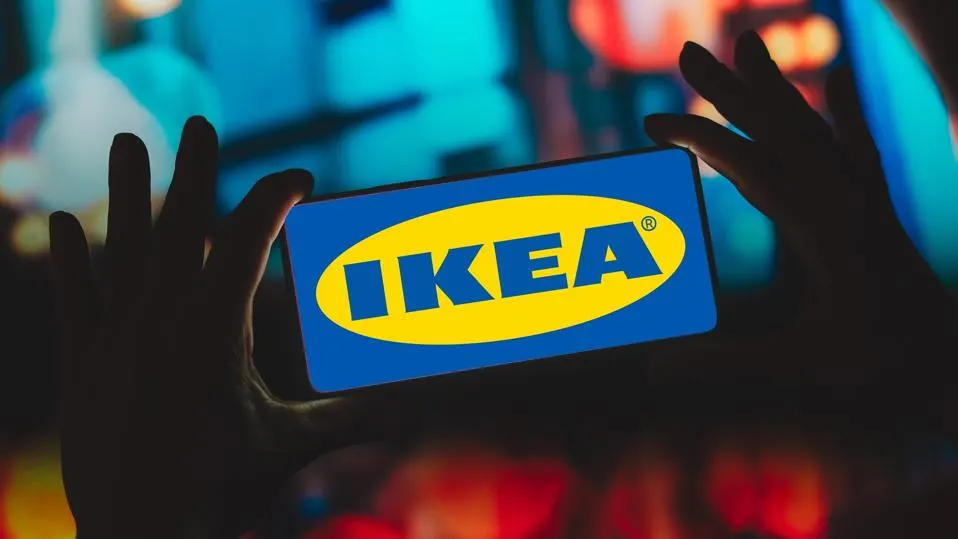4 Ways Governments May Adopt (Or Respond To) The Metaverse
25 August 2023
Governments aren’t always quick on the draw when it comes to adopting new technologies. But I am seeing some interesting examples of governments showing up in the metaverse and adopting metaverse-related technologies, such as virtual reality and digital twins. Here are four ways local and national governments may make use of the metaverse.

1. Setting up metaverse embassies and government offices
Immersive metaverse platforms such as Decentraland and Roblox already include shops, concert arenas, galleries, and even casinos. So why shouldn’t we have embassies and government offices in the metaverse as well? The government of Barbados is already thinking along these lines, opening a diplomatic embassy in the Decentraland metaverse platform.
Elsewhere, the United Arab Emirates' Ministry of Economy is opening up its own headquarters in the metaverse, describing the digital world as its "third address" (following two physical offices in Abu Dhabi and Dubai). The virtual headquarters takes the shape of a multi-story building, with each floor serving a different function (including a virtual conference space and meeting rooms). Visitors to the virtual HQ take a ticket on arrival, which prompts a government employee to join them in the metaverse. But what can visitors do at the virtual HQ? According to the Ministry, visitors will be able to sign legally binding documents in the metaverse, thereby eliminating the need to travel to one of the Ministry's physical locations.
2. Creating digital twins of cities and public systems
Digital twins are already being used to model all sorts of objects, systems, and processes – especially in the world of manufacturing. In the context of government, the same technology can be used to model public transport systems, parking availability, traffic flows, energy usage, waste management, security, and more. In other words, digital twins can be a valuable tool for city planning, allowing officials to precisely map city services – based on data gathered in the real world – and enhance public services.
This is intrinsically linked to the concept of smart cities – cities that leverage data and innovative technologies (like artificial intelligence, digital twins, and the Internet of Things) to increase efficiencies and improve the lives of residents. Digital twins can play a vital role in any city's digital transformation since they allow officials to analyze what's going on in the city in real-time and trial different solutions in the digital replica before making changes in the physical world.
Shanghai is a shining example of a digital twin city. The digital version of the city models 100,000 elements, including road traffic, size and location of apartment buildings, and e-bike charging infrastructure. The model is used to plan public services but can also be used to simulate the effects of natural disasters, such as flooding, to aid response planning.
But digital twins aren't just useful for planning and predicting – they can also be used to create a digital replica of a city (or any other environment) within the metaverse for leisure and tourism purposes. Somewhere people from all over the world can visit and enjoy with the help of a VR headset. In 2022, Dubai officials announced plans to create a digital twin city of Dubai – a virtual Dubai where residents and visitors alike will be able to explore the city’s many treasures. Could there be a digital twin of your hometown in the metaverse in the future? Quite possibly.
3. Adopting metaverse technologies in the military
Since defense makes up a huge part of most governments’ budgets, we can’t overlook the potential military uses of metaverse tech. For the most part, this centers around using augmented reality (AR) and virtual reality (VR) to enhance both the training of military personnel and operations in the field.
In training, for example, the US Navy has tested an AR platform called TRACER (or, to give it its full name, Tactically Reconfigurable Artificial Combat Enhanced Reality) at the Center for Security Forces in North Carolina. Built largely using off-the-shelf gaming gear and a simulated weapon that delivers realistic recoil, the system allows trainers to create different training scenarios that can be overlayed onto real-life settings.
Meanwhile, in operational situations, it makes sense that augmented and hybrid reality solutions will be more useful than virtual reality. (You can’t really expect soldiers to go around wearing VR headsets in battle.) In 2020, the US Army announced it was investing in 40,000 pairs of mixed reality goggles (which is enough to outfit 10 percent of soldiers). Derived from Microsoft’s HoloLens technology, the IVAS (Integrated Visual Augmentation System) goggles display critical information and are designed to help troops identify enemy forces and make decisions more quickly. Plus, the goggles are equipped with thermal and low-light sensors to help the wearer see in the dark. What’s so important about systems like this is they are far more intuitive and easier to use than, say, handheld systems, which can distract the user.
4. Legislating for the metaverse
Whether they actively adopt metaverse technologies or not, governments will not be able to ignore the potential impact of the metaverse on society. As people spend more time in immersive virtual spaces, it’s clear the metaverse will alter fundamental aspects of everyday life. How we spend our time, how we work, where and how we spend our money, and more will evolve as the metaverse evolves. So at the very least, governments will have to consider legislating what goes on in the metaverse. What constitutes a crime in the metaverse, for instance? And which jurisdiction do virtual spaces come under?
Related Articles
Sex And Intimacy In The Generative AI Era
Sex and technology have long been intertwined – millions of us use dating apps to find partners, and some of the earliest commercial online activity revolved around pornography.[...]
Generative AI Sucks: Meta’s Chief AI Scientist Calls For A Shift To Objective-Driven AI
In a landscape where generative AI is hailed as the frontier of technological innovation, Yann LeCun, Chief AI Scientist at Meta, presents a contrarian viewpoint that challenges the status quo.[...]
Instacart Harnesses Generative AI To Revolutionize Grocery Delivery Experience
Grocery delivery and pickup service Instacart is not shy about adopting new technologies. So, it makes sense that the company has embraced generative AI across the business.[...]
Responsible AI: Why Privacy Is An Essential Element
Today, people often talk about “responsible” AI use, but what do they really mean?[...]
The Amazing Ways IKEA Is Using Generative AI
Global furniture retailer IKEA has long been at the forefront of tech-driven retail innovation.[...]
Generative AI Is Coming To Your Home Appliances
Across all industries, organizations are rapidly embracing generative AI. Among them, makers of home appliances like fridges and ovens.[...]
Sign up to Stay in Touch!
Bernard Marr is a world-renowned futurist, influencer and thought leader in the fields of business and technology, with a passion for using technology for the good of humanity.
He is a best-selling author of over 20 books, writes a regular column for Forbes and advises and coaches many of the world’s best-known organisations.
He has a combined following of 4 million people across his social media channels and newsletters and was ranked by LinkedIn as one of the top 5 business influencers in the world.
Bernard’s latest book is ‘Generative AI in Practice’.










Social Media